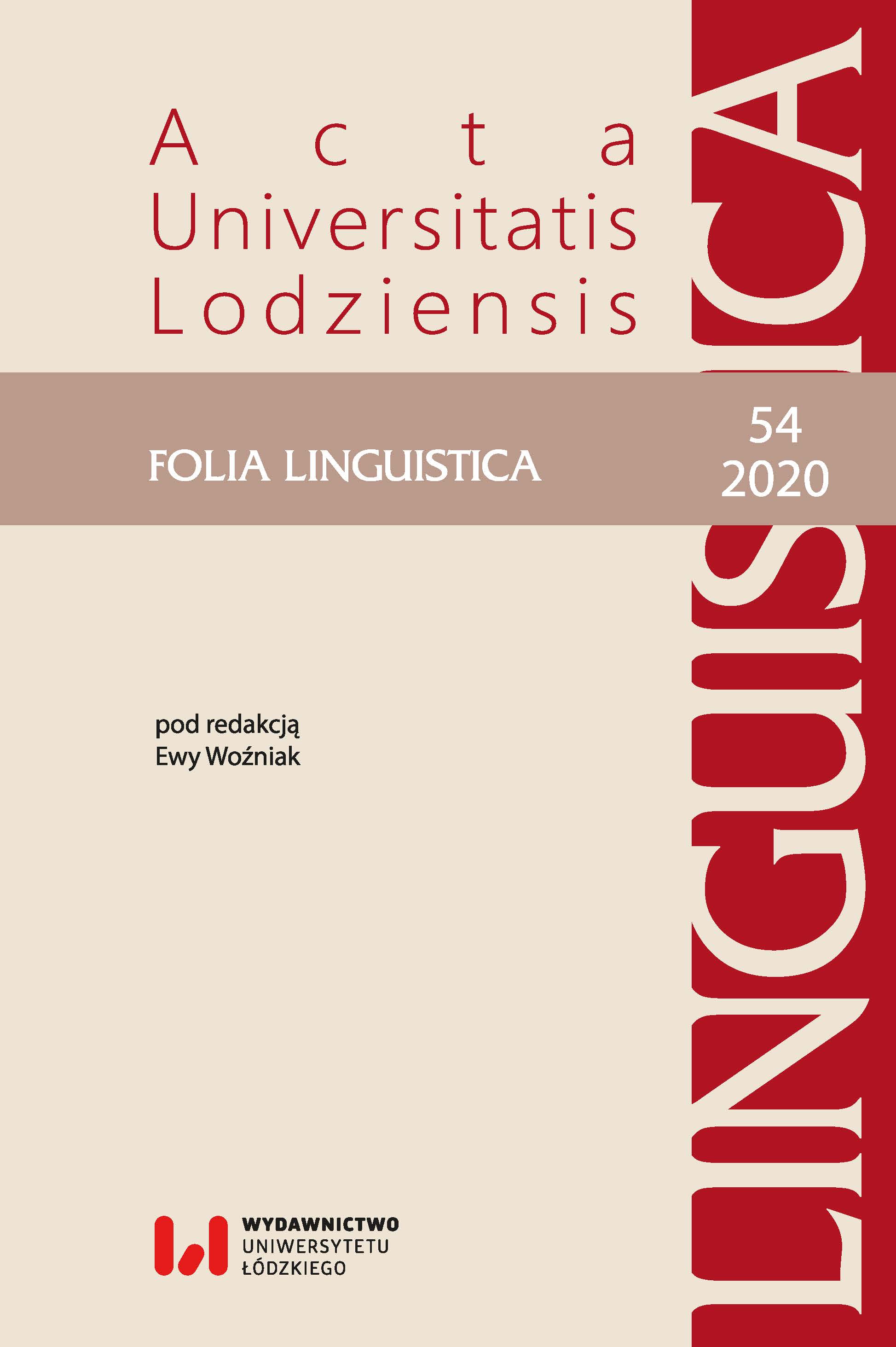Aksjologiczna podstawa zachowania językowego nadawcy w przedmowach do prac popularyzujących wiedzę o języku polskim w XIX wieku
The axiological basis of the sender’s language behaviour in the preface to the work popularizing knowledge about the Polish language in the XIX century
Author(s): Magdalena Jurewicz-NowakSubject(s): History, Language and Literature Studies
Published by: Wydawnictwo Uniwersytetu Łódzkiego
Keywords: value; valuation; grammar and stylistic textbooks;language pedagogy;XIX century
Summary/Abstract: The subject of the article are values and valuation in preface to selected grammatical and stylistic textbooks intended for children and youth of the second half of the XIX century by Ignacy Boczyliński, August Jeske, Józefa Kamocka, Władysław Lecler, Filip Olpiński, Teofila Radońska and Piotr Skrzypiński. Similarly to other social phenomena, so does the human being perpetuates values in the language, thanks to which it is possible to analyze the language of value names as well as reconstruct the value system of a particular social group. The authors of the texts are combined by the type of ties resulting from the similarity of language interests and the work of the teacher and educator. The essential goal of their work is to popularize knowledge about the Polish language and to develop the skills of correct speaking and writing. The textbooks appeared after the January Uprising, between 1870 and 1889 in the area of three partitions. Cognitive values (e.g. knowledge, understanding) and pragmatic values (e.g. utility, practicality, work) are representative for them. The then educational programs under the influence of positivist ideas emphasized vocational training and the value of work. The process of teaching the Polish language is valued: the work of the teacher — educator and student, exercises, methods, textbooks, grammar, spelling, etc. The basis for formulated assessments or recommendations is the good of the child (mental development) and teacher (pedagogical success). Most often values are exposed in these passages, which perform the persuasive function (they express grades and cause a certain pressure on the reader).
Journal: Acta Universitatis Lodziensis. Folia Linguistica
- Issue Year: 2020
- Issue No: 54
- Page Range: 135-149
- Page Count: 15
- Language: Polish

